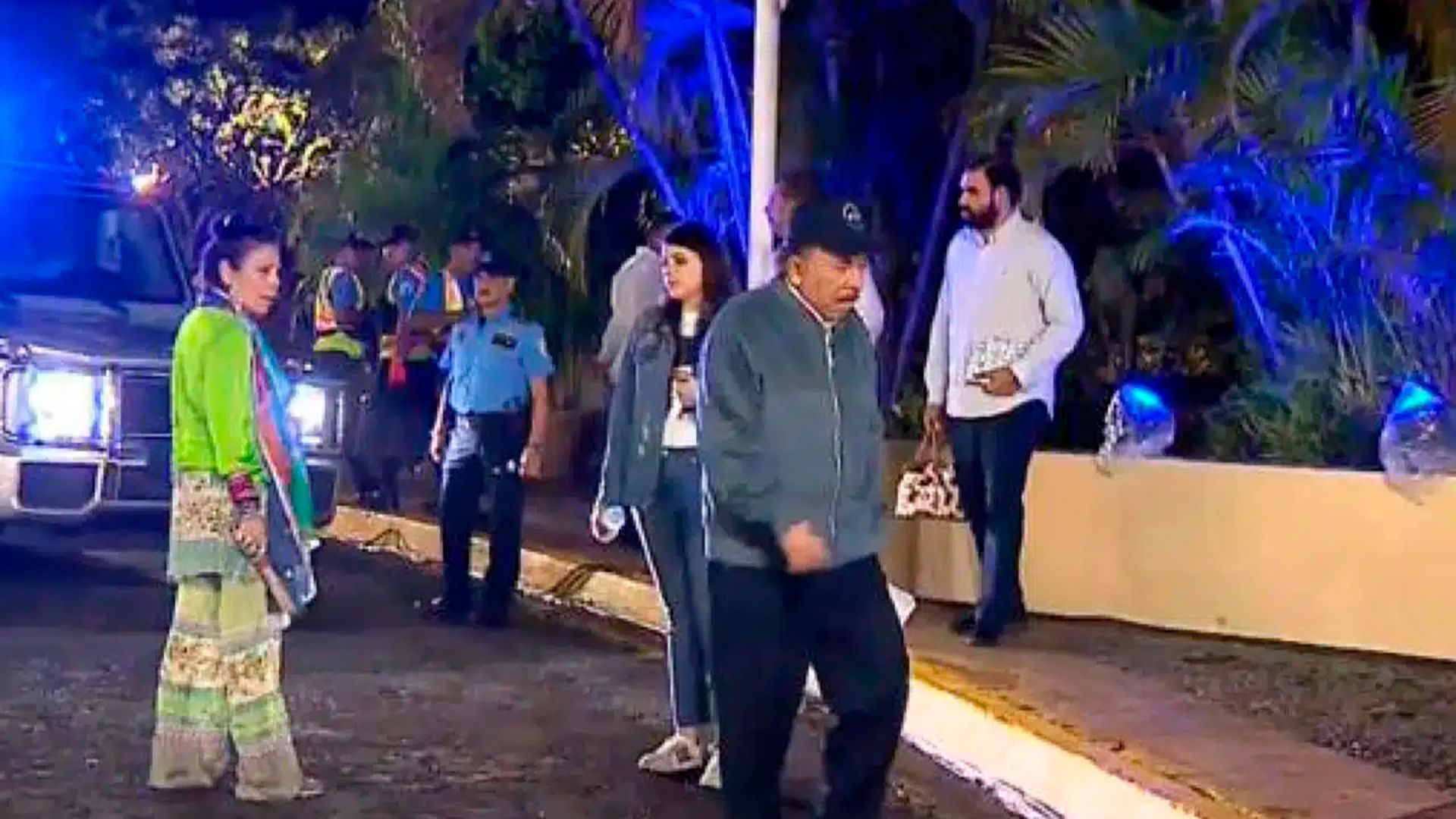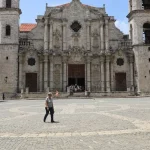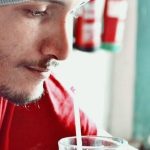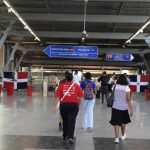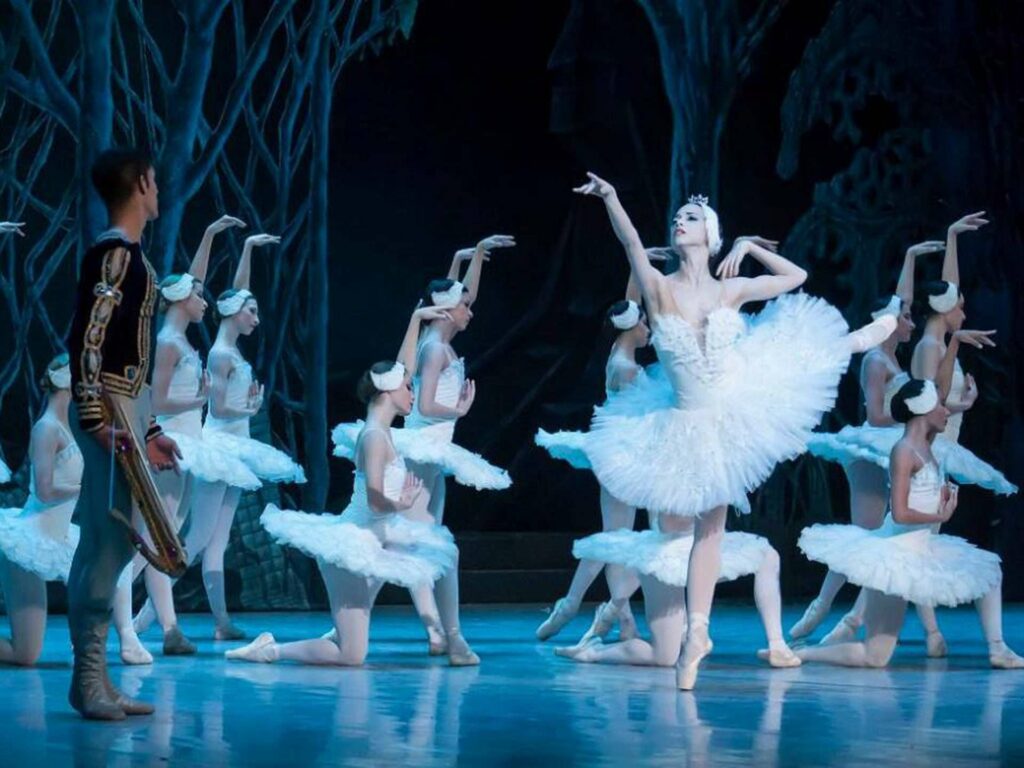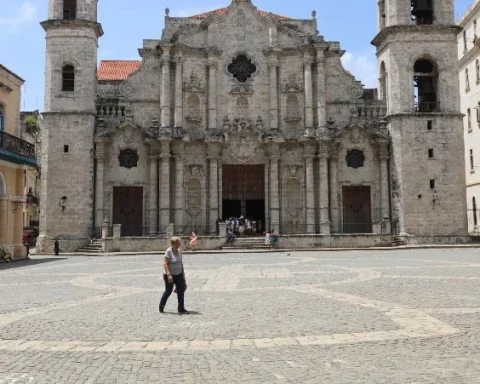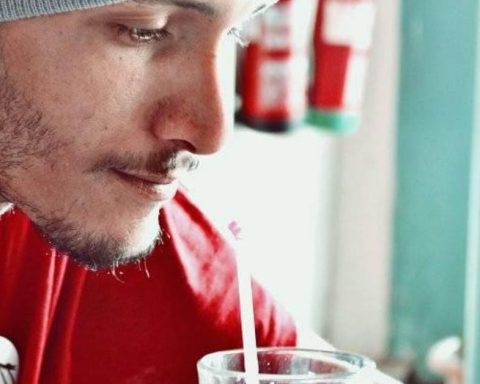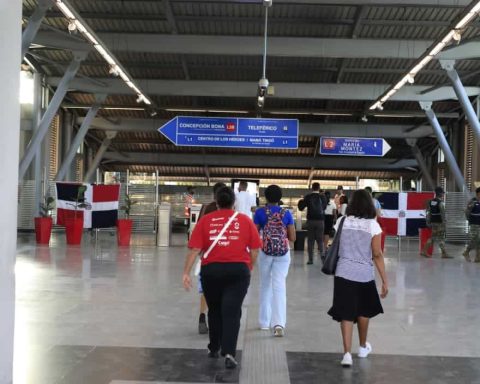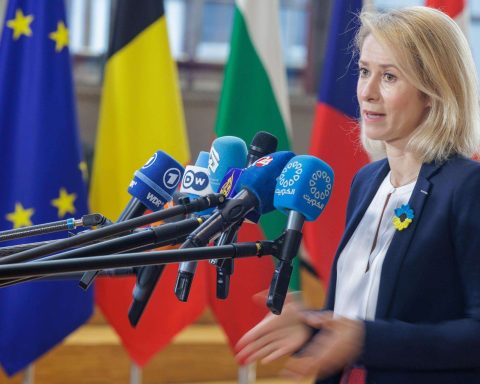By: Pedro Lanzas, Catholic priest
Faced with the persecution and siege that the Catholic Church of Nicaragua is undergoing and the irrationality of accusing its leaders of traitors to the homeland, among other epithets; It is easy to criticize the Christians who, before the triumph of the revolution —and especially in the 1980s, risked participating in that process—, had experience of living through those years and who were able —through of highly motivating publications for believers inside and outside the country—, of creating a broad chain of solidarity and commitment to everything we lived through in that decade.
There are publications in which it is exhaustively stated: Without the participation of Christians, the triumph of the 1979 revolution would not have been achieved.. Those of us who lived through that experience can attest to this statement.
Related news: What is the future of the Catholic faith in Nicaragua?
The strongest criticism that the new generations make of us, born already distant from the first years of the revolutionary triumph, is that we were blind. That we did not want to see the consequences to which the revolution was going to lead us due to the lack of a united church, which would confront the “errors” of the Sandinismo board of directors and the messages of John Paul II stand out strongly, especially the one launched during the holy mass celebrated in Managua during his visit to the country in 1983: «The unity of the Church above other ideologies».
I do not want and do not want to defend the positions of Christians committed to that revolution that today seems to us to be an event of the past, nor to analyze the facts from a retrospective vision and recognize the mistakes made, which I am sure were made on one side and on the other. What I do want is to explain what our choices were, motivated by the Gospel and aimed at giving a deeply Christian witness, with the limitations of human beings and the warmth that fueled our faith, the one that we wanted to live immersed in the reality of the people. .
What was our proposal to accompany this “process”? Just a dynamic reading of history. From it we saw that the social changes that were announced in the revolution were a step forward in the historical evolution of the country. That step taken with the participation of Christians and the Church, we thought we could accompany by contributing the values of the Gospel. The pastoral letter “signed” by the bishops in November 1979 and supported by the person in charge of the apostolic nunciature, encouraged many Catholics to an open, positive and prophetic vision in those early days.
We believers analyzed moments of great change in Western history where the Church played ambiguous roles, such as the transition from the Middle Ages to the Renaissance; with the persecution of Galileo Galilei where the ecclesiastical magisterium four centuries later had to ask for forgiveness.
Related news: Religious “Stop Persecution” Campaign Promoted in Nicaragua
The great transformations brought about by the French Revolution in the Age of Enlightenment, rejected in its time by the ecclesiastical hierarchy and widely accepted centuries later at the Second Vatican Council. From this logic, the participation of Christians in the popular movements of the Latin American continent had an appeal and a great convocation. Deeply questioned by the Vatican during Pope Wojtyla, he aborted the dream that encouraged thousands of Catholics in America and the world in general.
In November 1980 I was invited to Cuba to share the experience of Christians in the Nicaraguan revolution with the young generation of the Communist Party of Cuba (PCC). They were very surprised that the Christian people, mostly Catholic, participated in the processes of change in Nicaragua, Guatemala, El Salvador and in general, throughout Latin America.
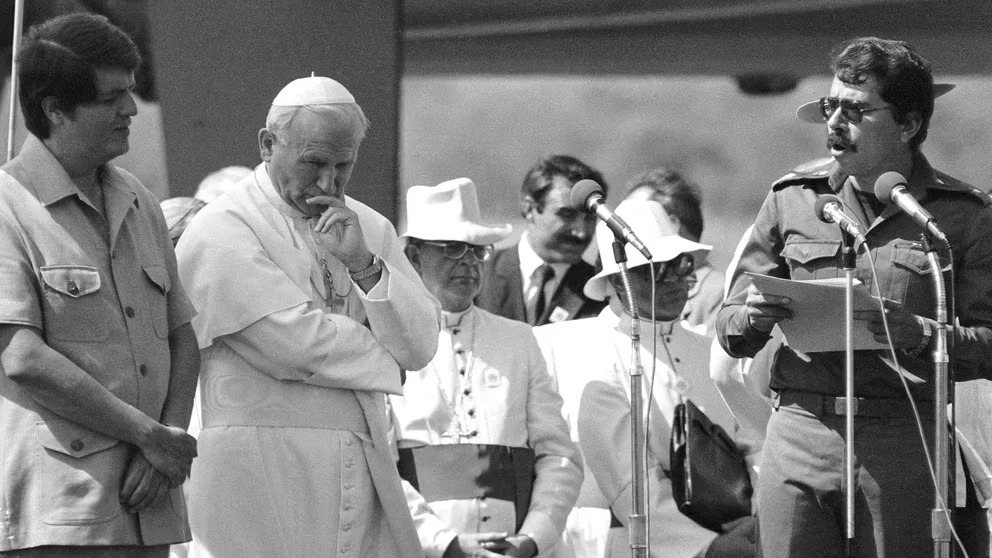
That was a new generation, which is currently around 70 to 75 years old. Many of them remembered their childhood and youth participating in the Catholic Church as acolytes, came from deeply Christian families, and were very interested in proposing a change in the leadership of the PCC on matters of religion. They secretly vented to me when we were alone in the room at the Habana Libre hotel in the Cuban capital.
This first meeting opened up a whole process of possibilities for profound changes on the island. The meetings with priests and lay pastoral agents from El Salvador and Guatemala continued, and later, they organized the first meeting with theologians from different churches in the United States. I was -once again- invited to share our experience and accompany the PCC guests to the island.
The Cubans continued contacts with prominent European theologians. This led the PCC to create a center for analysis on the sociology of religion and prepare a team of militants in Catholic universities in Europe, and prepare to propose a new behavior of dialogue with the religious fact. Within this strategy, the presence of Frei Betto plays a prominent role with the publication of his book Fidel and Religion. The result of these meetings was the profound change of the Constitution of the island. At the PCC congress in 1992, it went from a confessionally atheistic magna carta to one of a secular nature.
Related news: International organizations demand the end of religious persecution in Nicaragua
What has remained of that project that was born full of hope and illusion? What remains of the dreams that animated our engagement? Were they a vague illusion? No. History has its levels of growth and regression. But the founding moments of a quality leap remain inspiring for something new.
The French Revolution was betrayed by its very actors. But it remains in history as a moment of change that continues to this day. The democracy so vaunted by all political leaders is the result of that uprising of 1789. Human rights and the rule of law are values, all of them assumed by the Nicaraguan opposition that are the inheritance of that historical process, despite the errors that could given by their own ideologues.
The Nicaraguan process can currently go backwards both ideologically and politically and religiously. It is enough to listen to the statements and testimonies of expatriates, asylum seekers, and they are right in their experience. But this cannot lead us to a new contradiction.
Get out of the regime of the Ortega-Murillo family
Leaving the regime of the Ortega-Murillo family to impose a government that cuts off heads, excludes and marginalizes, not only those who have committed crimes against humanity, but also everything that smacks of revolution and Sandinismo is setting aside a moment of great creativity. in history and motivator of great hopes in those who —like me— lived them intensely from faith.
The step that our people have to take is not a clean slate. This is what Pope Francis says: “Each generation must make the struggles and achievements of past generations their own—not to forget history no matter how novel we dream the future—and take these struggles to even higher goals.”
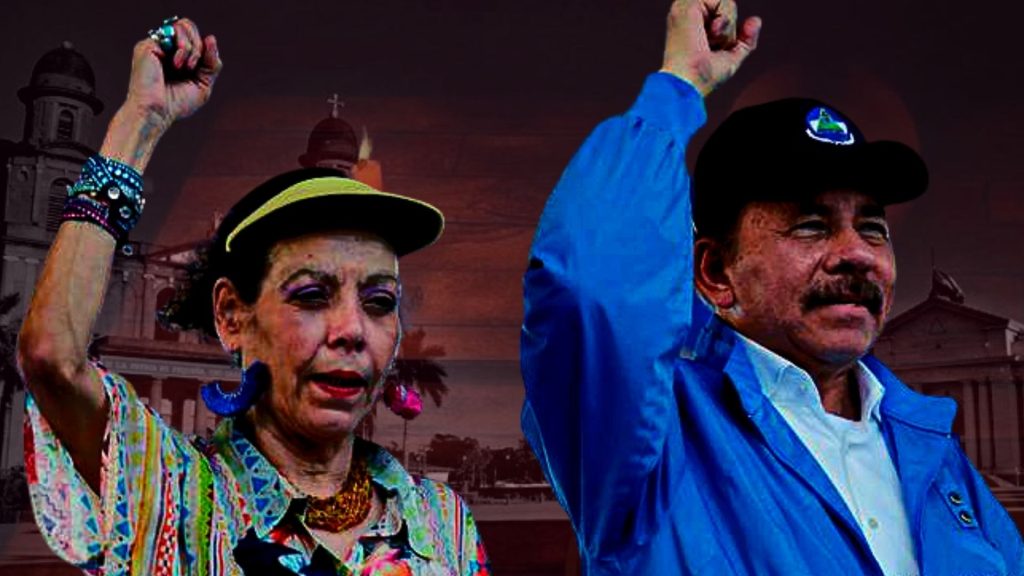
This is the way to face the crisis: Overcome the contradictions offering the people a light of hope without closing off the novelty offered by the 1979 revolution in its early years.
Create a new subject of history, a new participatory and democratic project, where the popular majorities take a belligerent role. A social rule of law based on the logic of majorities, an integration of the self-determination of peoples and national sovereignty without undermining the defense of human rights in all their breadth: social, political, cultural and above all economic as a response to the logic of the dominant neoliberal globalization.
For this, it is necessary to recreate the historical moment, collecting the best of the past and opening up to a hopeful present towards a future of peace with social justice and integral human development for all Nicaraguans.
